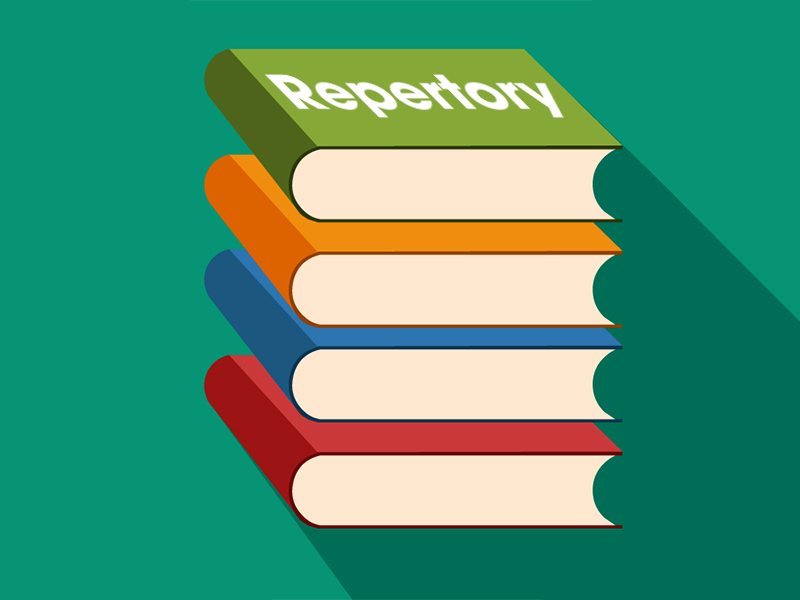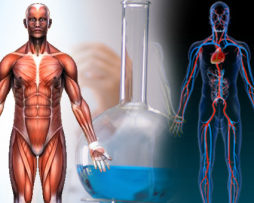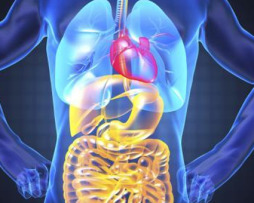About the Course
The homeopathic repertory is an index of disease symptoms that lists preparations associated with specific symptoms. The repertory is a list of symptoms and the remedies that may treat those symptoms. A repertory can help identify which remedy is needed for a particular problem. Hahnemann arranged the first symptomatic homeopathic materia medica.
The repertory represents the clinical and research database for the practice of homeopathic medicine. The general information contained in repertory is derived from history, provings, clinical practice, research, physiology, and toxicology.
The repertory is a systematically and logically arranged Index to the Homeopathy Materia Medica, which is full of information collected from toxicology drug proving and toxicology and clinical experience.
The Repertory helps us to find out required Symptoms, together with the medicine (or) a group of medicine having different grades. It is connecting link between the Materia Medica and disease.
Homeopathic repertory helps to find the appropriate treatment for a medical condition. Every category — also called a rubric — has a number of homeopathic remedies that are known for treating the symptom.
As an example of how a homeopathic repertory might be used, an individual suffering from headaches that occur in the front of the head, especially in the morning hours would use the homeopathic repertory to look up the part of the body where the pain is — in this case, the head. Under the subsection “pain,” the user would look under “frontal,” then “worse in the morning.” A list of homeopathic remedies targeted to relieve that specific type of pain would be found listed next to the symptom. Names of the remedies are usually abbreviated; such as “arn” for Arnica montana and “sulph” for sulphur.
Target Audience
Medical students – Allopathy, Dental
Alternative Medicine students – Homeopathy, Ayurveda, Naturopathy and Yoga
Para/Allied medical students – Nursing, Physiotherapy, BSc Anatomy
Post graduate students – MD/MSc/PhD Anatomy
Course Delivery Format
This course is delivered entirely online. It consists of a series of comprehensive lectures by a professor in the subject, appropriately annotated with slides, animations and wherever necessary, interactive content. The delivery offers tremendous flexibility. You may pause a teacher while you refer to your textbooks (not includes) and to take notes. You may also rewind a segment to listen to the teacher again or you may skip a slide or two if you already know that bit. You may bookmark a segment that you wish to return to later, maybe to refresh just before your exams. While the lessons in this course may be arranged in a particular order based on our curriculum, you have the flexibility to take them in order of your preference based on your personalized learning needs.




 Prof Dr Rajani Chander
Prof Dr Rajani Chander

